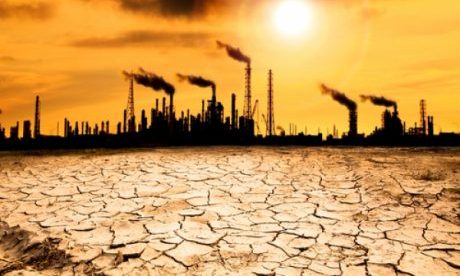Charred by the pulsing heat, the earth has turned to dust. Rivers have thinned to threads. Wells and ponds have parched. Across the sun-punished lands of Colombia’s La Guajira province, the northernmost point of South America, the symptoms of drought are stark.
Water carriers walk for hours, bucket handles digging into their hands. Goats and cows, grazing for absent pasture, stagger with protruding ribs. Families ration portions of turbid water.
At underfunded hospitals, emaciated infants on stretchers are fed rehydrating salts. Maryangel, a young doctor, shakes her head. “We’ve had pregnant mothers come in weighing less than 30 kilograms.”
Far from access to proper medical care, shovels cut the suffocated soil to make way for bodies. Government figures indicate that thousands of children here have died of malnutrition and preventable illnesses in the last few years. Many more die unregistered, without noise. “Why would you inform the state of the death of a person they have abandoned?” a father asks.
The majority of these children are Wayúu, from Colombia’s most populous indigenous nation. Across the country, the fate of the Wayúu has largely been met with chronic indifference or ephemeral outrage. Politicians and state departments have played down the crisis, engaging instead in finger-pointing. But the brutal epidemic of hunger continues, its multiple causes unsolved or unrecognized.
At first glance, the drought’s origin appears to be primarily atmospheric: The absence of water stems from climate change and a fierce El Niño, which have ravaged the landscape and disrupted patterns of precipitation.
As Armando Valbuena, a Wayúu leader and former president of the National Indigenous Organization of Colombia explains: “Here in the desert, we live on the blade of a knife. It’s a very fragile system. With climate change, sea temperatures increase. Fish move deeper into the sea to find colder waters and our fishermen are left without food.” Continue reading
Sources
- Article by Daniel Macmillen Voskoboynik, a writer and activist, in The Week
- Image: Breaking News
